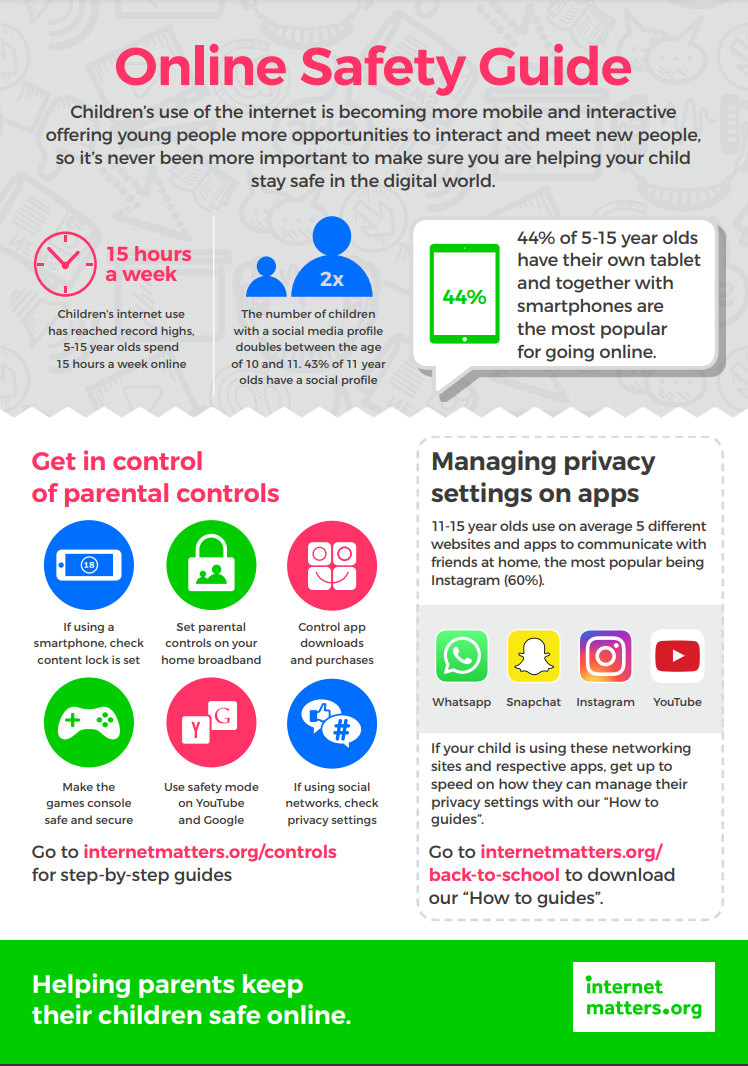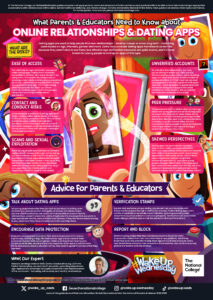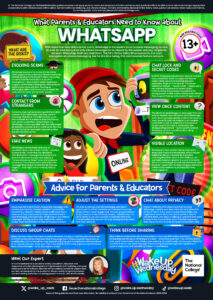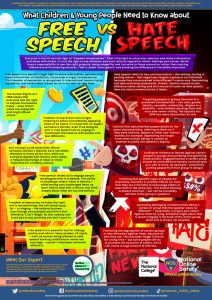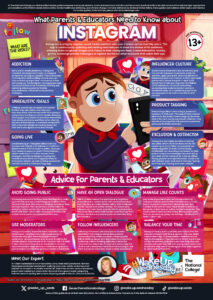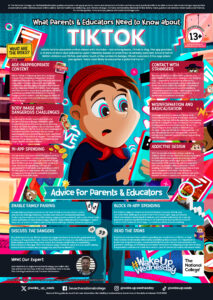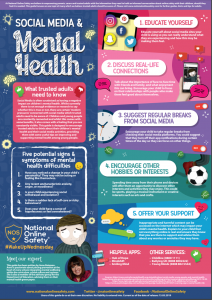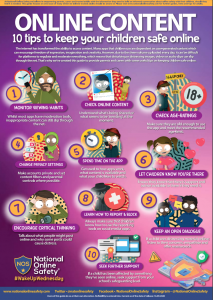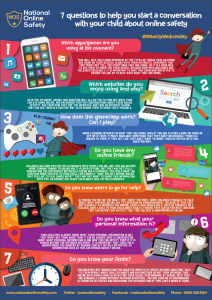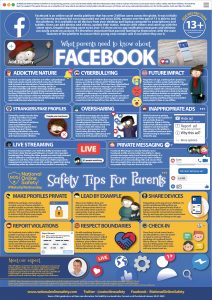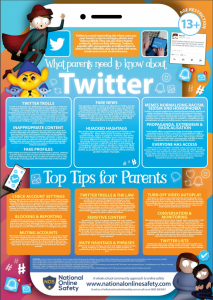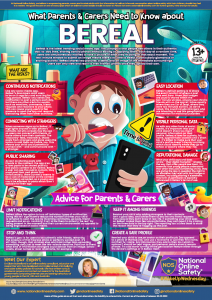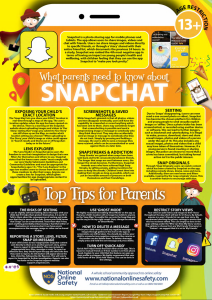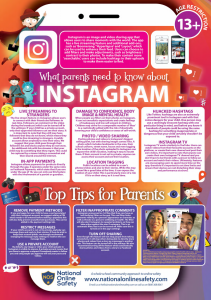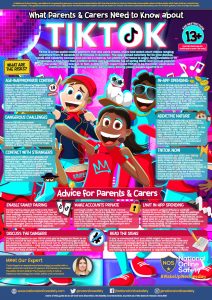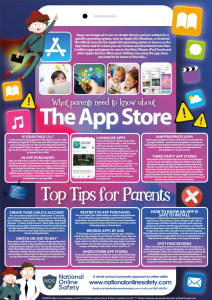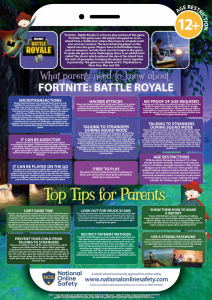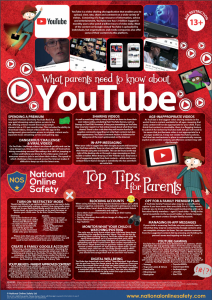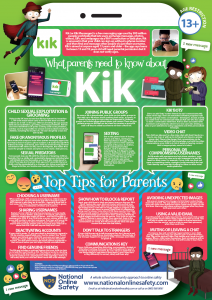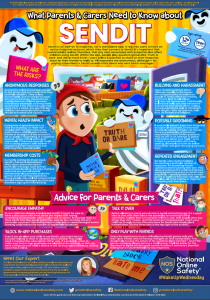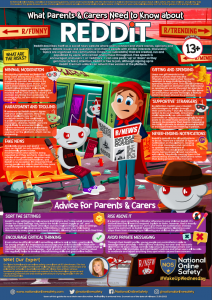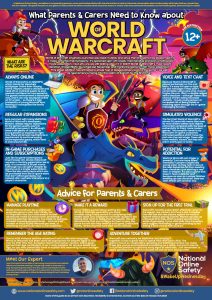On-Line Safety
The internet can be a great resource for your child. It can help with research and homework, shopping and making savings or keeping in touch with friends and family through social networks. It is becoming more and more part of our lives and we realise that as parents you may feel concerned about the activities and content your child is accessing .
Our Approach
Using the internet safely and positively is a key message that we promote in school. Our pupil On-Line Safety page, and Child Exploitation page, provides further advice and guidance on how to to stay safe on-line, with the Safeguarding Mentors, Safeguarding Team and Pastoral Team available to offer information, advice, guidance and support to pupils.
What you can do as a parent
It is important to have regular conversations about staying safe online and to encourage children to speak to you if they come across something worrying online.
Emojis and their hidden meanings – Netflix Adolescence
Many of us use emojis as a way of adding humour or emphasis to messages, for some communities and peer groups, these symbols can form a language of their own. This is particularly true of young people and teenagers, who sometimes use emojis as a code to disguise their true intentions from adults. While hidden meanings behind emojis used by young people can be harmless, some may indicate risks including extremism, drugs, sexual interactions and bullying.
Smoothwall have created this useful guide to emojis and their hidden meanings
They have also created a parent resource page in response to the the Netflix series Adolescence which was a powerful, and at times difficult, look at the digital pressures young people face online and the role parents have to play in their digital wellbeing. The resource is packed with practical advice, conversation starters, and useful insights to help you navigate the various challenges the series brings to light.
From setting boundaries around screen time to processing upsetting online content, the resources are designed to give parents the tools and knowledge to take the next steps in supporting their child’s digital wellbeing.
When monitoring digital interactions for these emojis, it’s important to remember that context matters. Their use does not automatically indicate a harmful conversation – the specific circumstances in which a symbol is used will reveal whether it’s something that should spark concern. Understanding the hidden meanings behind emojis can be most helpful when they are considered alongside other markers of risk.
Guidance from Northumbria Police
Useful Guides
The National Online Safety Centre have produced a range of guides to help you start a conversation with your child about on-line safety. (click an image to view in more detail)
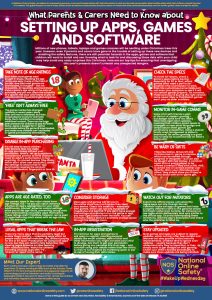
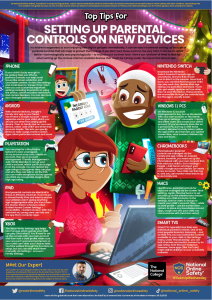
Further Information
- The Parents Guide have published this useful guidance article
- SaferInternet.org provides resources including a a quiz and films which you can use at home with your child.
- Advice for parents and carers from Childnet
- Parent Zone provides support and guidance from leading experts and organisations
- Tips, advice and guides for parents and carers from the UK Safer Internet Centre
- Guides on popular apps and games from NetAware
- Reviews and information about games, apps, TV shows and websites from Common Sense Media
- Help on using parental controls and privacy settings from Internet Matters
- Information and reporting of online grooming or abuse from CEOP

